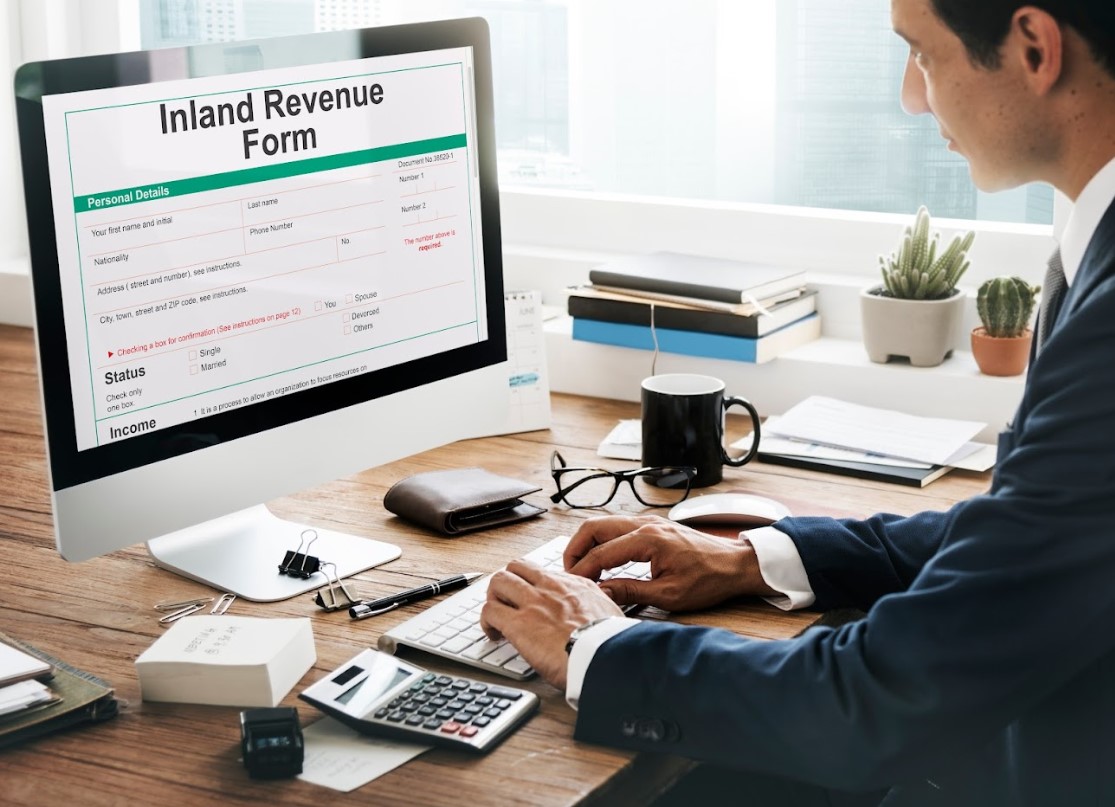
Filing of personal income tax in Singapore
FILING OF PERSONAL INCOME TAX IN SINGAPORE
Individuals with an income of more than SGD 22,000 are required to file their Income Tax Returns in Singapore. A non-resident who derives income from Singapore is required to file his Income Tax Return regardless of his income earned.
However, if an individual receives a notification from the Inland Revenue Authority of Singapore (“IRAS”) to file a tax return, he should do so regardless of the income he earned in the preceding year. If he fails to file his income tax return by the due date, the IRAS will take enforcement actions. In addition, the IRAS may issue a Notice of Estimated Assessment based on information provided in the past years of assessment.
Basis of assessment
Income is chargeable to tax is on a preceding year basis.
For example, Year of Assessment (“YA”) 2022 refers to the income earned in the year 2021.
Tax filing due dates
The tax filing due dates are 15 April (paper-filing) or 18 April (electronic-filing) each year.
Tax residency
An individual is regarded as a Singapore tax resident if he is:
- A Singapore citizen or Singapore Permanent Resident (“SPR”) who resides in Singapore except for temporary absences; or
- A foreigner who has stayed or worked in Singapore (other than a director of a company) for 183 days or more in the year preceding the YA.
For foreigners working in Singapore, they may be regarded as Singapore tax residents if the two-year or three-year IRAS administrative concession applies.
Tax rates
A resident individual is taxed on his chargeable income (assessable income less personal relief) based on progressive tax rates ranging from 0% for the first SGD 20,000 to 22% in excess of SGD 320,000.
Employment income of a non-resident individual is taxed at a flat rate of 15% or at resident tax rates, whichever results in a higher tax liability. Other income of a non-resident individual is generally taxed at 22% unless specifically exempt or subject to a reduced treaty rate. The non-resident individual is not entitled to personal tax reliefs.
A non-resident individual who exercises employment in Singapore for 60 days or less in a year is exempt from income tax. This does not apply to a director of a company, a public entertainer or a professional.
Type of Tax Returns
- Form B1 (Tax Resident Individuals)
- Form B (Self-Employed Individuals)
- Form M (Non-resident Individuals)
Tax assessment and payment
The IRAS will issue the Notice of Assessment (“Notice”) to the individual after he files his income tax return. The Notice may be downloaded from the IRAS website at myTax Portal.
If you disagree with the Notice, an objection has to be filed with the IRAS within 30 days from the date of the Notice. Notwithstanding any objection, the income tax has to be paid within one month from the date of Notice.
Voluntary Disclosure of Filing errors
An individual who has made errors in his income tax return is encouraged to voluntarily inform the IRAS and rectify the filing errors made. He can do so via the Voluntary Disclosure Programme (“VDP”).
Subject to certain conditions under the VDP, reduced penalties will apply as follow:
- Within 1 year grace period from the statutory filing due date – no penalty will be imposed.
- After 1 year grace period from the statutory filing due date – 5% of the income tax undercharged.
Whether you are an expatriate or a Singapore citizen or SPR or an employer, please contact us should you require assistance with your/your employees’ individual income tax compliance matters.
Get in touch and discover how we can help
Got a question or inquiry? Come talk to us today.
Contact Us


